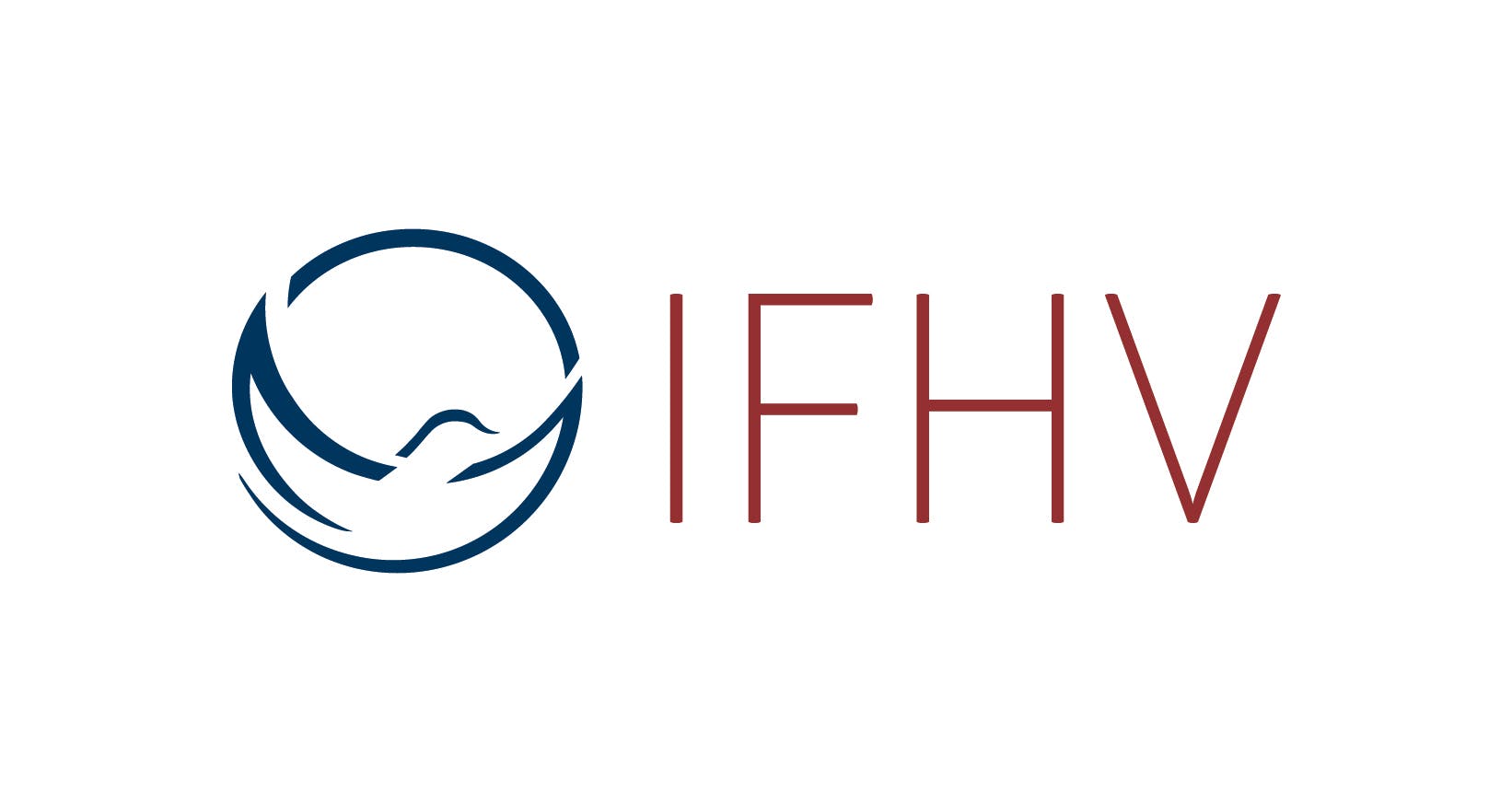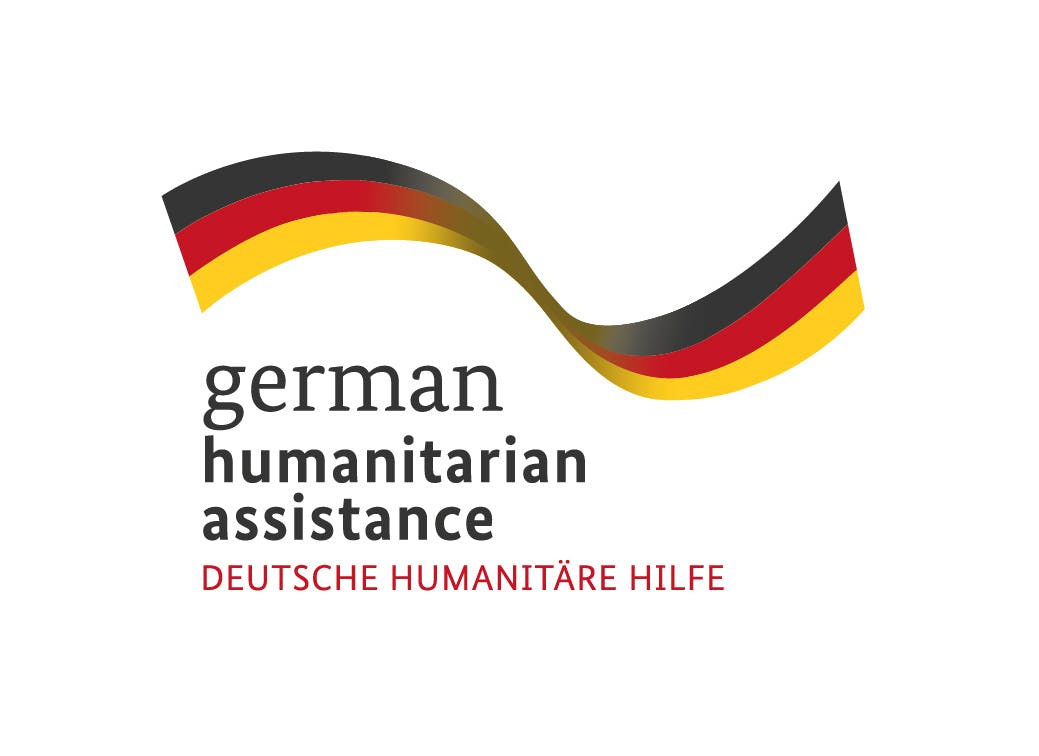Participatory Methods in Humanitarian Action - Navigating Ownership, Opportunities and Dilemmas
Fully booked
The Grand Bargain has boldly called for a “participation revolution” in humanitarian action. However, truly designing projects from the bottom up, with and for people who are directly affected by crises, often proves difficult in practice. Not every method fits everywhere and with each community. Time pressure and moral dilemmas make it even harder.
In this training we are looking in detail at what methods are available and which to select at what time. This requires a good look at the context, our own roles and responsibilities, and limitations of methods and mandates. The training itself is designed in a highly engaging way getting you to use the methods from the outset.
The online training will take place between 17 November, 22 November and 01 December 2021 and includes group-learning activities. The course is eligible for the Certificate of Advanced Studies in “Locally-led Humanitarian Action”.
You will learn
What participation means and why it isn’t always easy to do it right
What methods are out there and how to choose the right one for your project work
How to implement meaningful participatory approaches
How to be context sensitive and avoid doing harm
Where the limits of participatory action lie and how to deal with dilemmas
Target group
Professional humanitarians with minimum of 2+ years working experience in the field, e.g. project officers, programme managers, sector experts
Schedule
Day 1
Further information will be published soon.
Thomas Lahnthaler
Lecturer

Thomas Lahnthaler is an experienced international facilitator, certified conflict mediator, crisis manager as well as an expert and trainer in Do no harm safeguarding and mental health in emergencies. Over the last 15 years he led crisis teams in volatile environments responding to some of the most complex humanitarian emergencies of our times in conflict, post-conflict, and disaster contexts in over 20 countries working in South Asia, the Middle East, as well as Central, South and East Africa. In designing conflict transformation projects, he has worked extensively with context and conflict analysis, do no harm and conflict as well as holding expertise in the Reflecting on Peace Practice methods. He is the author of the soon to launch book ‘Navigating Beyond Crisis’.
Thomas is the founder and CEO of The Crisis Compass.
Anisa Goshi
Lecturer

Anisa Goshi has 12 years of cross-industry international experience in the humanitarian, legal, health, and management consulting sectors, working for a variety of organisations. Her expertise includes communications, external relations, as well as project and strategic relationship management for UN agencies, civil society organisations, and corporate businesses.
She has worked with different refugee and displaced communities, especially in unregistered settings, in various countries, on projects aimed at building dialogue and fostering reconciliation, capacity-building trainings, as well as on research evaluation with recommendations feeding into government strategy with a specific focus on youth and gender.
Anisa is the co- founder of The Crisis Compass.
17.11.2021 - 01.12.2021
24 hours of training
Online Event
 This training is organized by the Institute for International Law of Peace and Armed Conflict.
This training is organized by the Institute for International Law of Peace and Armed Conflict.
This training is supported by funding from the German Federal Foreign Office.
